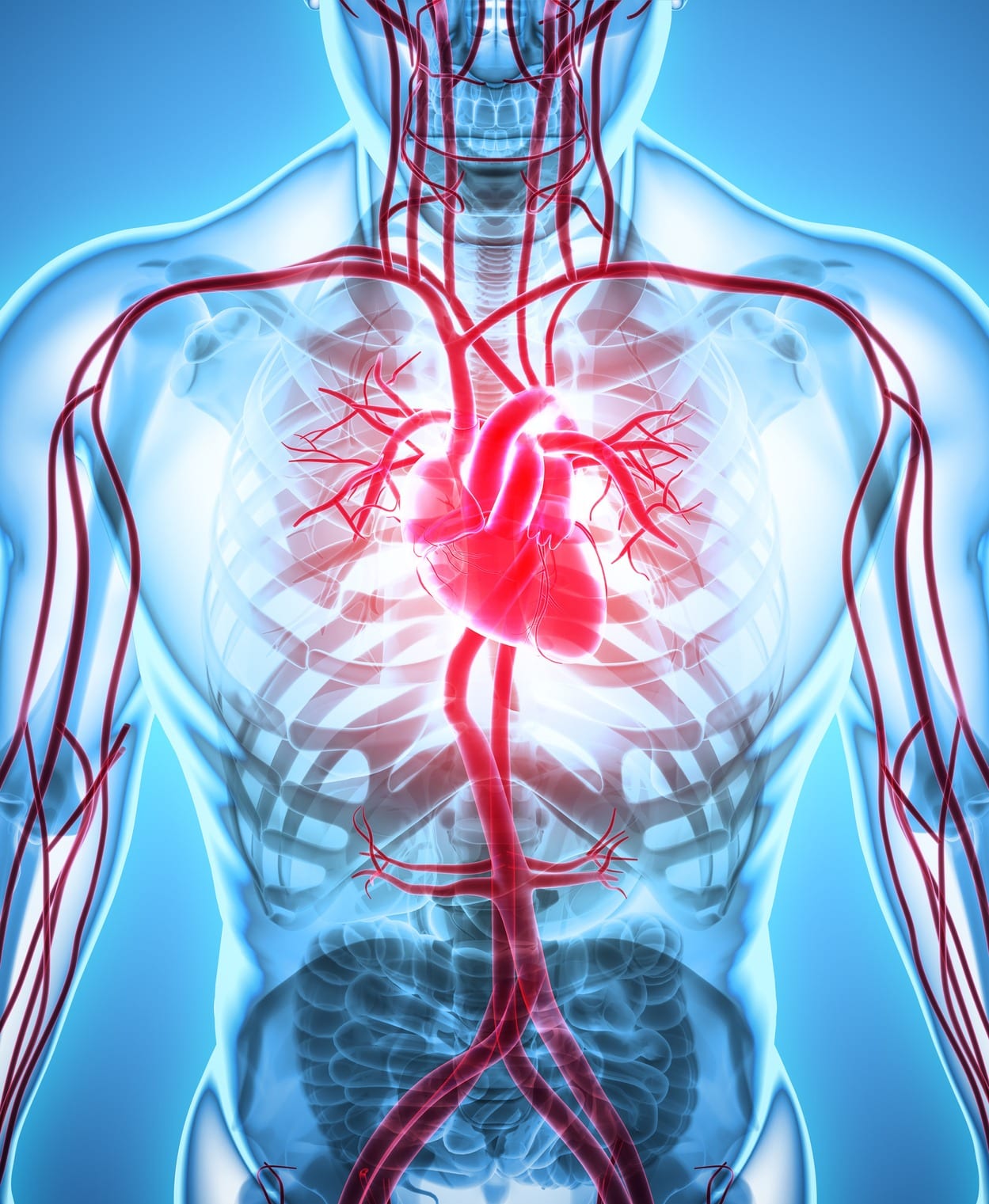Keep Your Diet Healthy With These Ten Tips
High blood pressure is a national epidemic. Almost a third of Americans have high blood pressure, and another third of all Americans have blood pressure that is higher than normal, just not high enough yet to officially be called “hypertension.” Whether you have hypertension (high blood pressure), or pre-hypertension, you can benefit from some simple dietary changes. Studies have demonstrated that you can reduce your blood pressure by eating a healthy diet.
1.SALT
Sodium is a salt, but there are “salt substitutes” that are also salts, and can contribute to hypertension. The average American eats 3,400 milligrams of sodium daily. That is more than twice the amount recommended in the Dietary Guidelines for Americans. The CDC recommends no more than 1500 milligrams daily sodium intake
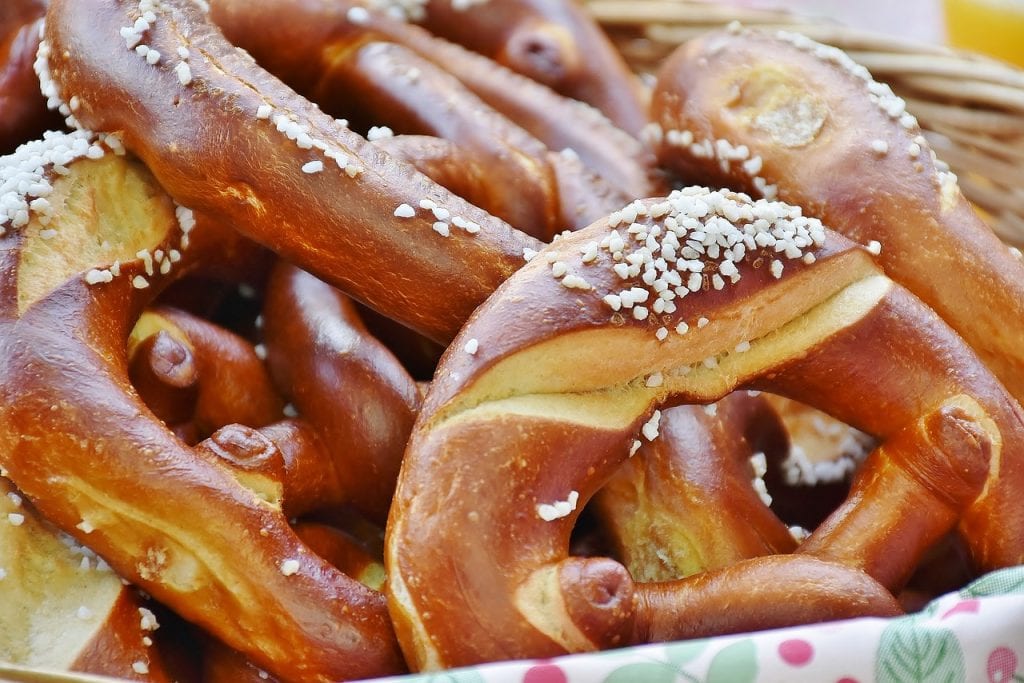
2.PROCESSED FOODS
A healthy diet is much easier to achieve if you avoid processed foods. Processed foods are frequently laden with salt, an ingredient that make your blood pressure skyrocket. More than 75% of the salt in your diet comes from packaged foods, and you can reduce your salt intake most efficiently by avoiding these items. Fast foods are also processed heavily, and they are full of salt, added to improve the taste.
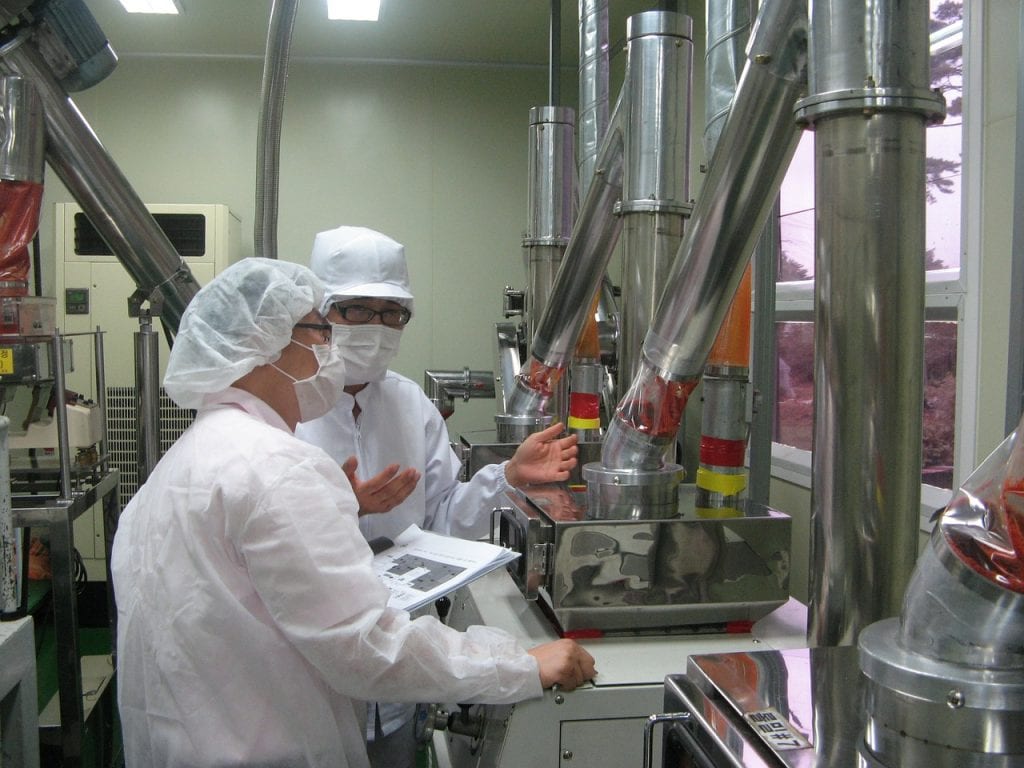
3.DELI MEATS AND BACON
Delicatessen meats and bacon are frequently seasoned and preserved with salt. One serving size of Genoa salami has 910 milligrams of sodium, and although 3 slices of turkey breast from the deli may seem like a healthy choice, it can contain over 1000 milligrams of sodium. Healthier choices include roast beef, pork tenderloin, roasted chicken or turkey, and grilled chicken. Since these foods do not have preservatives, you will have to buy them in small quantities, or you can freeze small portions. A two-ounce single serving portion of roasted turkey contains about 40 milligrams of sodium, without the skin. If you decide to have fresh roast beef, your two-ounce serving will have 26 milligrams of sodium.
Surprisingly, bread is also laden with sodium, and Americans eat a lot of bread! Each slice of bread may have around 200 milligrams of sodium and this amount can add up during the day. When making lunch, consider adding a salad to half of a sandwich, to minimize sodium intake.
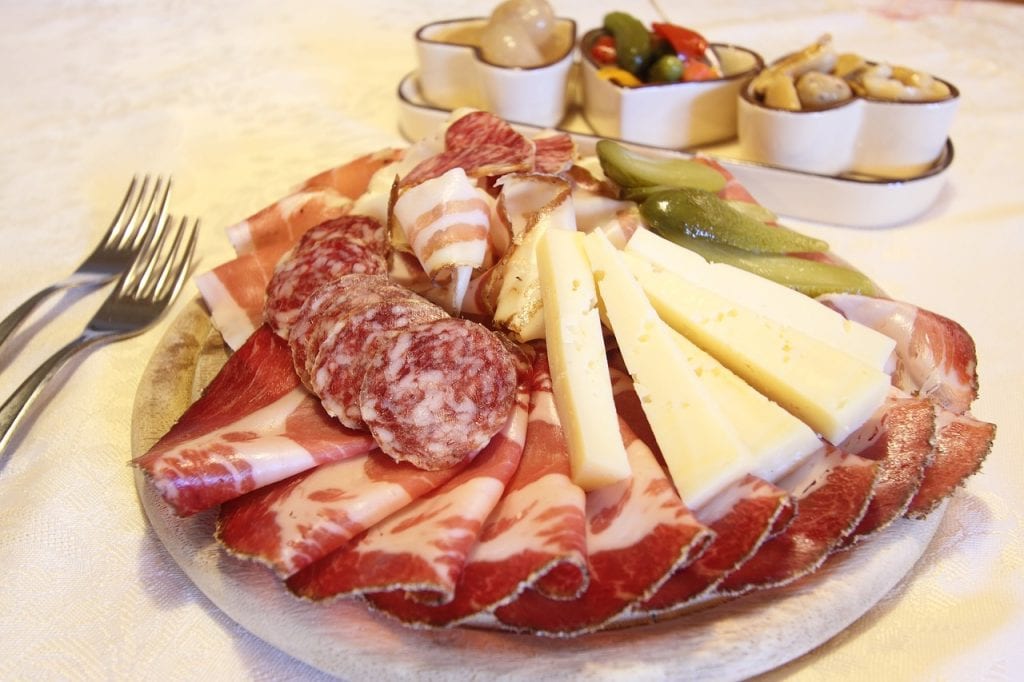
4.FROZEN PIZZA
Many Americans eat frozen pizza at least once a week! In addition to processed meats, the cheese in frozen pizza can make your salt intake skyrocket. Tomato sauce frequently has over 400 milligrams of sodium per half cup. Pizza crust adds more sodium, and to make frozen pizza flavorful, manufacturers add even more salt to improve the taste. One slice of a frozen pizza can easily have over 1,000 milligrams of sodium.
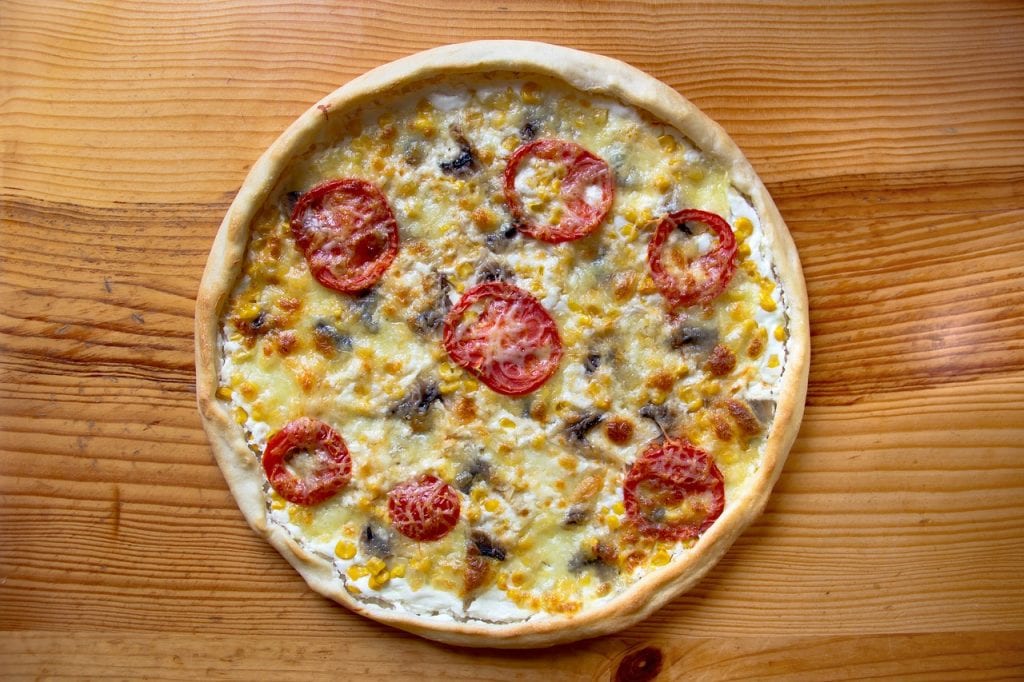
5.PICKLES
Pickles are made by curing them in a salty brine, a method of food preservation. A dill pickle spear may have 300 milligrams of sodium. An entire pickle can contain half of your daily recommended sodium serving or more
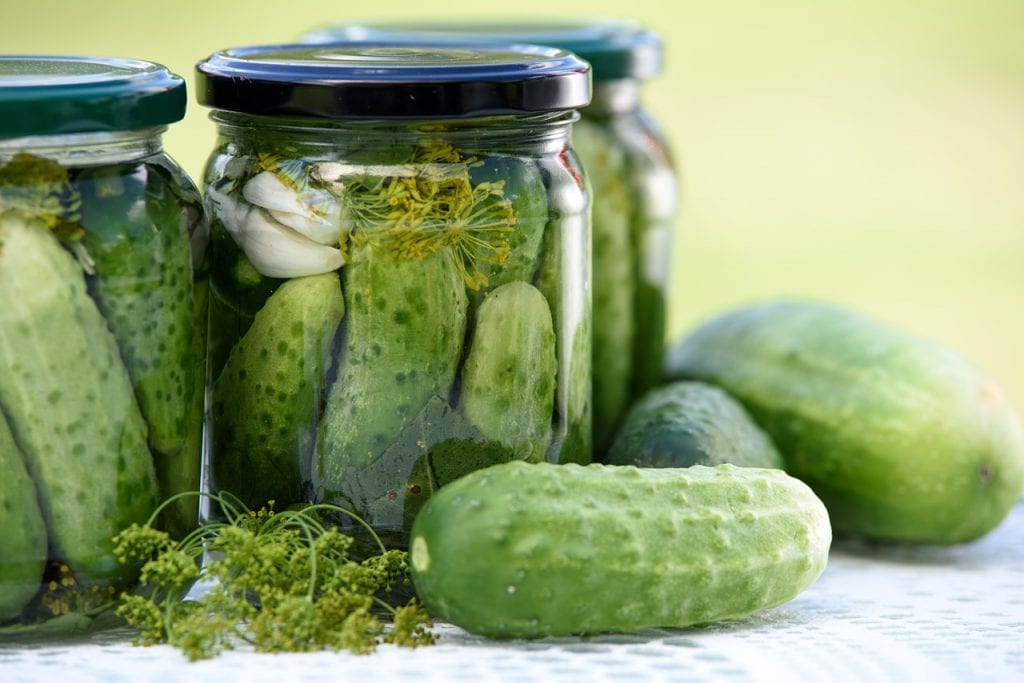
6.CANNED SOUP
Although a serving of soup may seem to be a healthy choice, if you are watching your blood pressure, then you should avoid canned soup. There are low sodium versions available, and you can easily make your own soups and freeze them in individual portions. If you make your own soup, you can limit the amount of salt used for flavoring, substituting other spices or herbs.
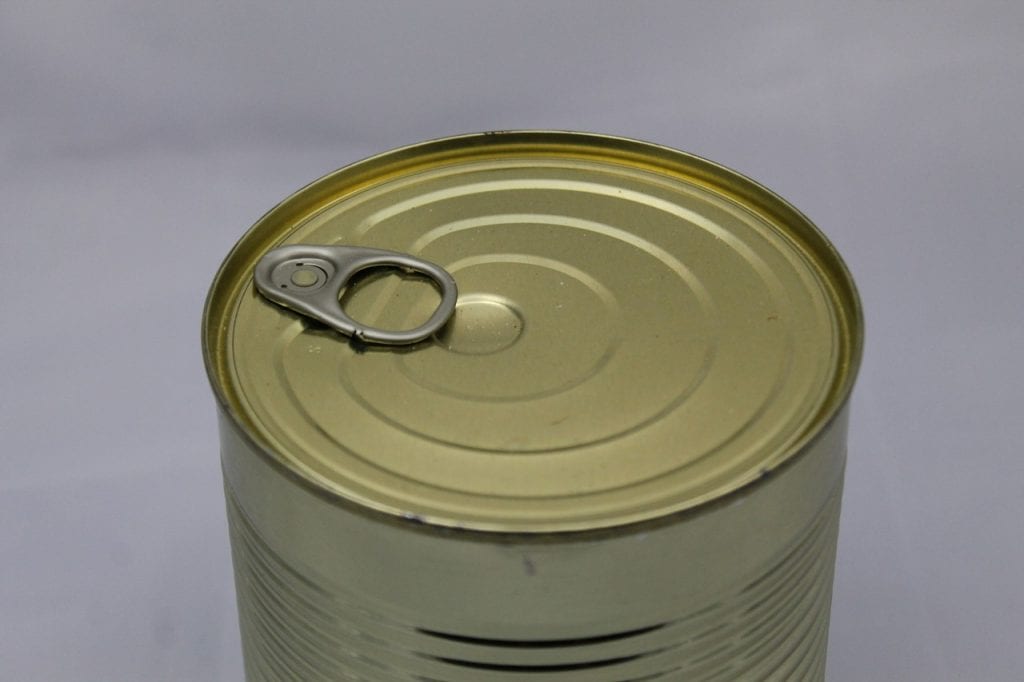
7. SUGAR
People with hypertension should avoid foods and drinks that are sweetened with sugar. Although it might be obvious that sugar can lead to weight gain and even obesity, high sugar intake is also associated with high blood pressure. The American Heart Association recommends limiting your added sugar to 9 teaspoons daily, if you are male, and 6 teaspoons daily if you are female.
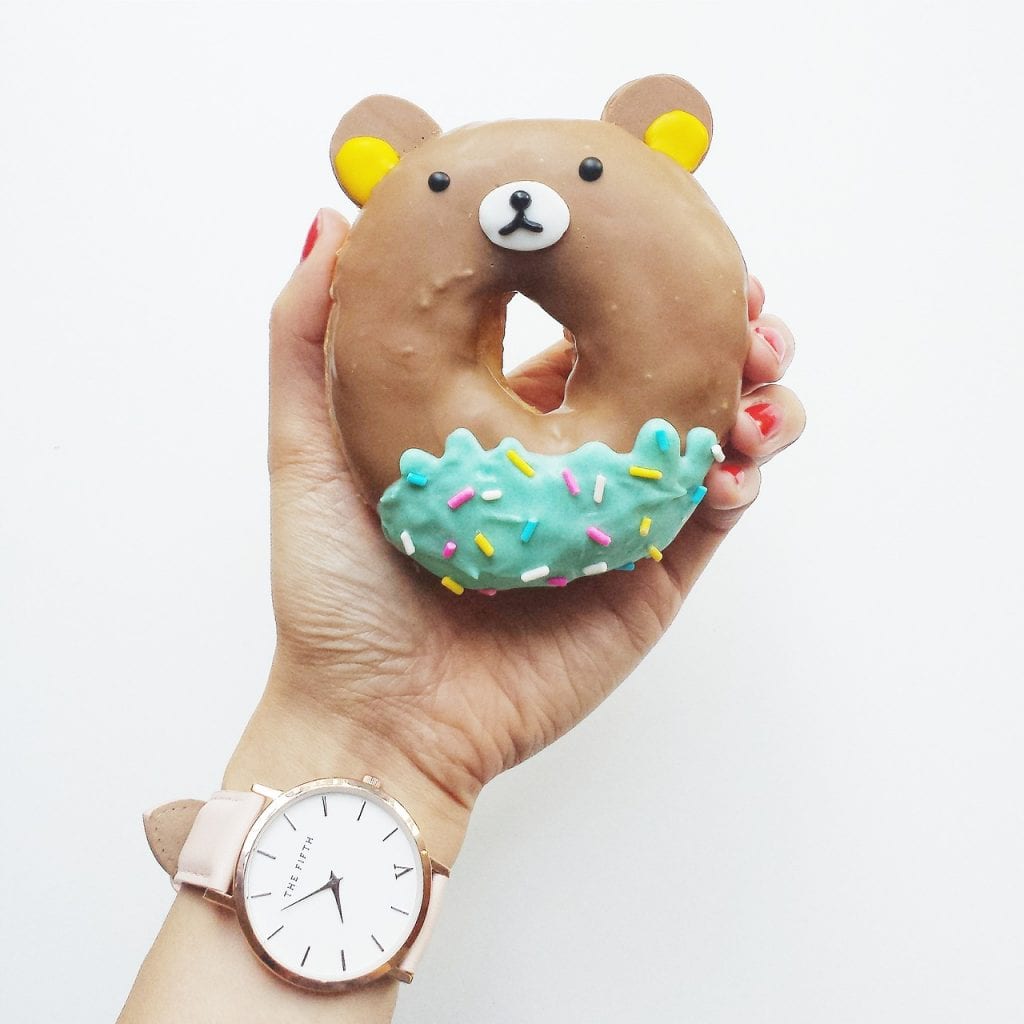
8. TRANS-FAT AND SATURATED FATS
If you have hypertension, you should avoid foods that are high in saturated fats or trans-fats. These fats can be found in natural foods, like dairy products, red meats, and chicken skin. Most trans fats in the American diet are found in packaged, processed foods. Trans fats are also known as hydrogenated oil, because they are made by combining oils with air in order to solidify them. Saturated and trans fats are known to increase your level of LDL cholesterol. LDL cholesterol is a bad type of cholesterol. High levels can accumulate in your blood vessels, making them stiff and leading to increased blood pressure and heart disease.
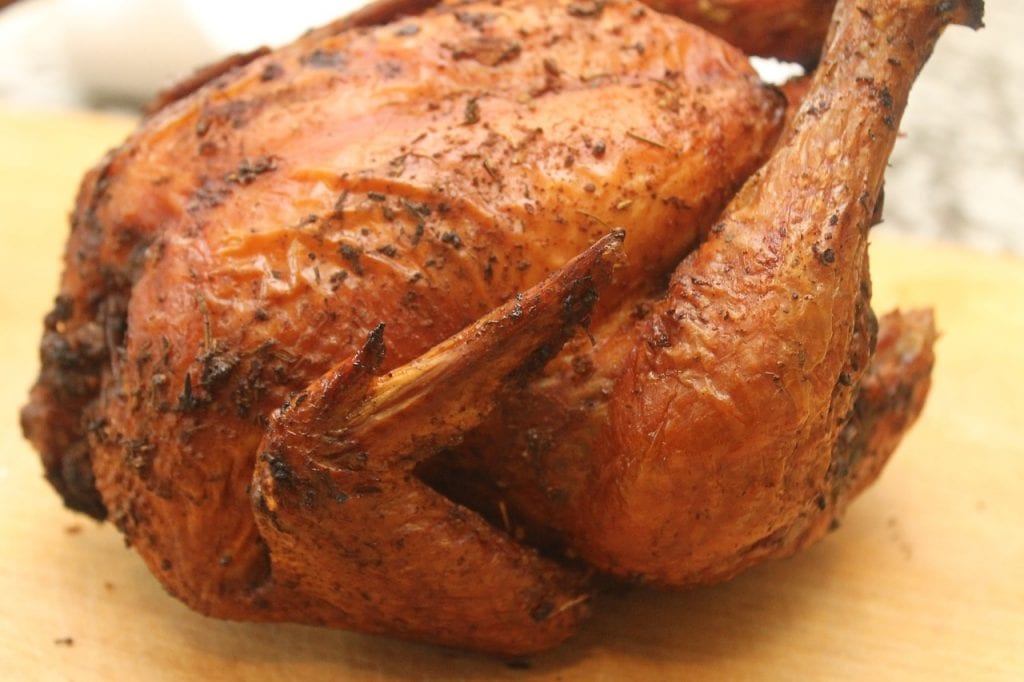
9.CAFFEINE
Caffeinated beverages, like coffee, tea, energy drinks, and caffeinated soft drinks can increase your blood pressure. Caffeine is a central nervous system stimulant, and one action of caffeine is to constrict your blood vessels, which will raise your blood pressure. In addition to the sugar found in many soft drinks, caffeine poses an additional risk.
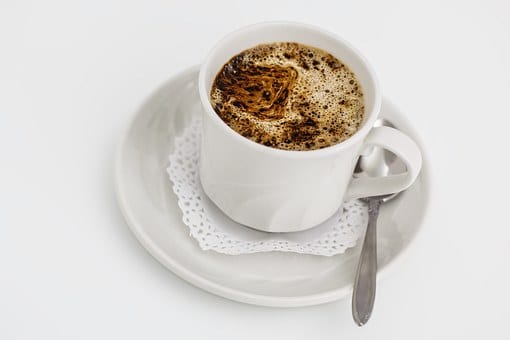
10.ALCOHOL
Alcohol is another beverage to consume in moderation. If you drink more than three drinks at one time, your blood pressure may rise. Chronic use of alcohol can lead to blood pressure increases over time, and even one drink can change the way your blood pressure medication works. If you are a chronic drinker, you should also be aware that alcohol can cause you to pack on the pounds: there are a lot of calories in alcohol, and if you are overweight, you are at a greater risk of developing hypertension.

Lower blood pressure is only one of many benefits of a healthy diet. You can lower your blood pressure by watching your diet and by limiting your consumption of foods that have been shown to cause hypertension. By avoiding the ten dietary items listed in this article, you can minimize your blood pressure and continue to enjoy the benefits of good health.
Source ( https://www.verywell.com/ten-foods-to-avoid-for-healthy-blood-pressure-1764019)
By Karen Shackelford, MD
Updated July 18, 2016

